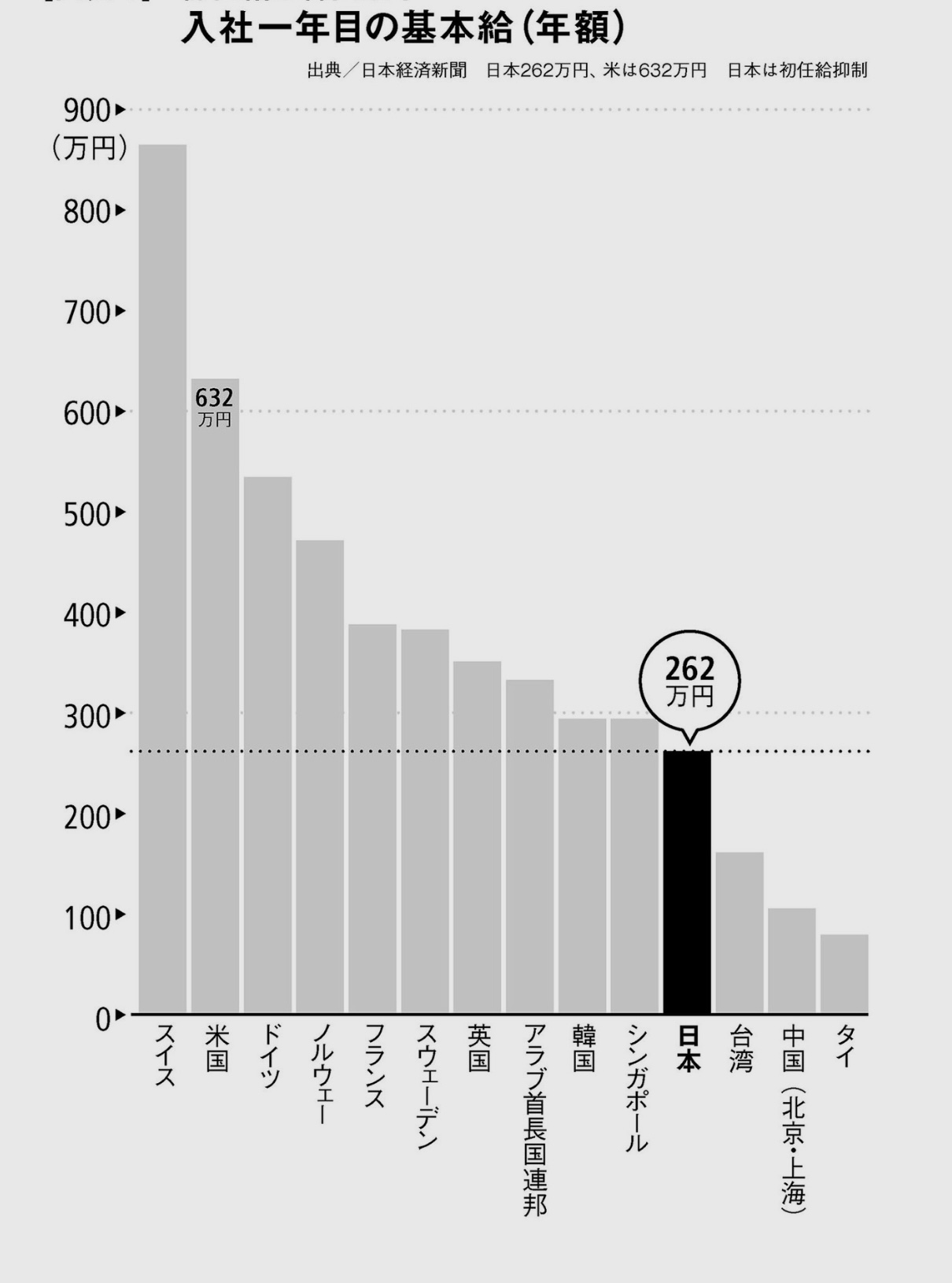
Photo Caption: The year 2024 is known as the “Year of the Dragon” in Japan. It is a longstanding Japanese custom to send New Year’s greeting cards, called “Nengajo,” to those we are grateful to from the previous year.
The current challenges facing Expo 2025 Osaka seem to include the following:
① Significant Ground Stabilization Requirements at Yumeshima:
It appears that the need for soft ground stabilization at Yumeshima, the site of the Expo, is far greater than initially anticipated. While this was known from the start, the extent of the requirements has only recently become clear.
② Who Bears the Additional Ground Treatment Costs?:
The question of who should bear these additional costs is critical. Should it be the international pavilions or the Japanese side? The increased costs may necessitate a redesign of the pavilions or additional financial contributions. From the international perspective, the query, “Why should we bear the cost of ground stabilization?” is justified. Moreover, the suggestion to simplify designs can be deeply disheartening for those who have invested considerable effort and creativity in their plans. As a company involved in design work, we deeply empathize with the disappointment this can cause.
③Ongoing Disputes Over Cost and Design Changes Impeding Construction:
Given these continuous issues around additional financial burdens and design changes, it’s natural that construction progress is hampered.
#Expo2025 #YumeshimaDevelopment #ConstructionChallenges #GlobalCooperation #CulturalShowcase #InnovativeDesign #FiscalResponsibility #TeamworkForSuccess



